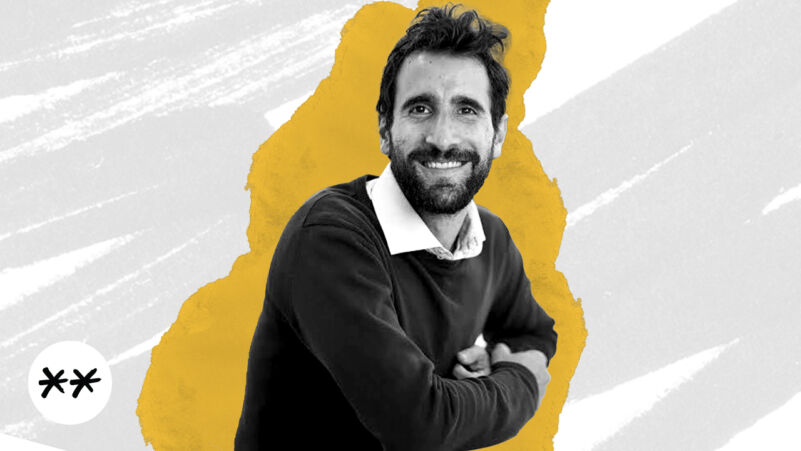Quick Summary
Paulo Savaget is associate professor at University of Oxford’s Department of Engineering Science and Saïd Business School. His research covers the mechanics of entrepreneurship through a ‘systems lens’ and with a special focus on large-scale socioenvironmental issues (poverty, climate change, and global value chains, etc).
In this episode, Dominic learns how “scrappy organisations” tackle complex problems through innovative strategies such as piggybacking on existing systems and navigating loopholes in regulations. With Paulo explaining the importance of systems thinking and unconventional approaches to problem-solving. Hear about how businesses can navigate regulatory landscapes, repurpose technology, and leverage self-reinforcing behaviours to create effective workarounds.
Takeaways
-
Scrappy organisations thrive by creatively hacking existing systems and rules to solve big problems fast.
-
Systems thinking helps reframe challenges holistically, leading to more effective and lasting solutions.
-
Resourcefulness often beats budget—impact comes from ingenuity, not just funding.
-
Navigating constraints with a scrappy mindset can unlock unconventional yet powerful paths to success
Paulo Savaget is associate professor at University of Oxford’s Department of Engineering Science and Saïd Business School. He holds a PhD from the University of Cambridge as a Gates Scholar and has a background working as a researcher, consultant, and entrepreneur, finding innovative solutions for a more inclusive world.
His research covers the mechanics of entrepreneurship through a ‘systems lens’ and with a special focus on large-scale socioenvironmental issues (poverty, climate change, and global value chains etc). He has a particular interest in working with practitioners to find and explore solutions for systemic problems in situations where resources are scarce, stakes are high, and time is short.
Paulo advocates innovation, resourcefulness, and adopting a scrappy mindset in addressing complex problems for individuals and organisations.
Discover
Resourceful and Unconventional Problem-Solving: Creative solutions can be achieved by thinking outside the box and using limited resources in innovative ways to overcome complex challenges.
Hacking Systems for Impact: Significant change can occur by finding innovative ways to navigate or bypass existing systems and challenges, much like hackers do in their domains.
Holistic Solutions through Systems Thinking: Looking at problems as part of interconnected systems rather than isolated issues enables more comprehensive and effective problem-solving.
Inspiration from Scrappy Organisations: Resource-constrained businesses and organisations demonstrate how leveraging opportunities like loopholes and existing systems can lead to remarkable success.
Innovation Without Large Budgets: Success can lie in strategic thinking, resourcefulness, and ingenuity, proving that high impact doesn’t always require massive financial resources.
Book recommendations
Adam Grant – Originals
Paulo’s book The Four Workarounds is out now
Dominic’s book Mind Your F**king Business is out now

